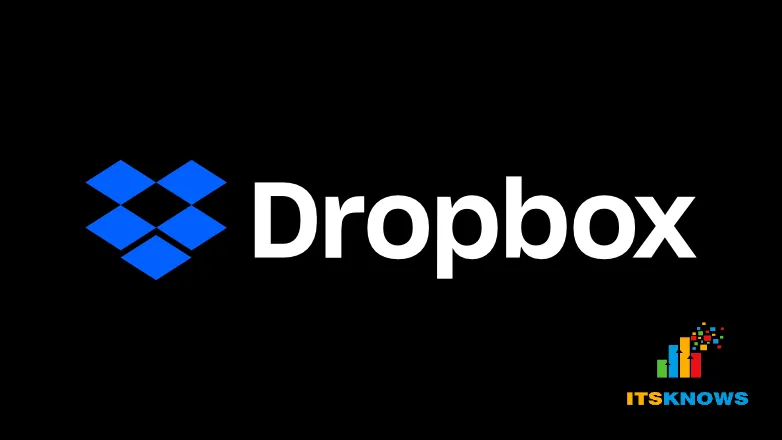Dropbox is a cloud-based storage service that can be used to store files or ideas, but it also functions as an online collaboration tool that allows users to store and access files anywhere else in the world via the internet or a mobile device. The company has gained a lot of popularity in the past few years for its simple and easy-to-use software. However, it isn’t necessarily the most profitable company out there. In fact, most businesses who use this service don’t own it. Instead, it’s the user who owns and controls it.
Who Owns Dropbox?
Since its beginning in 2007, Dropbox has been owned and managed by its users. Users sign a contract with Dropbox saying that they will hold the company harmless for all damages and issues that may arise during their use of its services. Additionally, the company will pay any fines or damages that might result from using its services in violation of its terms of service. The users who use the service are therefore responsible for everything that happens on the service. They can delete any file that they have access to, share their account with others, or take any other action that may result in data loss or damage.
What is Dropbox?
Dropbox is a cloud-based storage service that can be used to store files or ideas, but it also functions as an online collaboration tool that allows users to store and access files anywhere else in the world via the internet or a mobile device. The company has gained a lot of popularity in the past few years for its simple and easy-to-use software. However, it isn’t necessarily the most profitable company out there. In fact, most businesses who use this service don’t own it. Instead, it’s the user who owns and controls it.
What’s the Difference Between Owning and Using Dropbox?
Owning and controlling a program means that you are actually using it. You are using the software, internet connection, and data connection that the company has provided you with. On the other hand, using a service like Dropbox, you are only using the services that the company has made available to you. The company doesn’t own your computer, internet connection, or data. In other words, when you use Dropbox, the company is only storing data on its servers. They are not responsible for your files, programs, or anything on your computer.
What happens when You Don’t Use Dropbox?
There are many situations when you don’t have to use Dropbox. You can email or save files to your computer or other devices. You can also access your account via the website or app. One situation where you might not want to use it is when you’re on a mobile phone. You can email or save your files to your computer or other devices. You can also access your account via the website or app. If you don’t use Dropbox, you are essentially telling the company that you don’t need their products. You are telling them that you don’t need their internet connection, data connection, or their program on your computer or mobile device. You are saying that you don’t need their products anymore and that you want them to go away.
Conclusion
In the eyes of a certain part of the internet, Dropbox is not a real company. If you get in contact with people who think this way, they will usually start a campaign to get you banned from social media and other websites. However, even if you get in contact with every single person in this group, the campaign would still continue. The only way to get these people to leave you alone is to prove to them that you deserve to be treated that way. So, if you want to continue using Dropbox, you have to prove to the people who own and control this software that you deserve to be treated as an actual entity. If you own a business or you are an individual who uses this software, then this article will be helpful for you. The article will discuss who owns Dropbox and what happens when you don’t use Dropbox. If you own service such as Dropbox, you can be assured that your customers will always have access to your files and that their data will be safe. Additionally, you can be sure that any damages that might result from using this service will be covered by the company.
